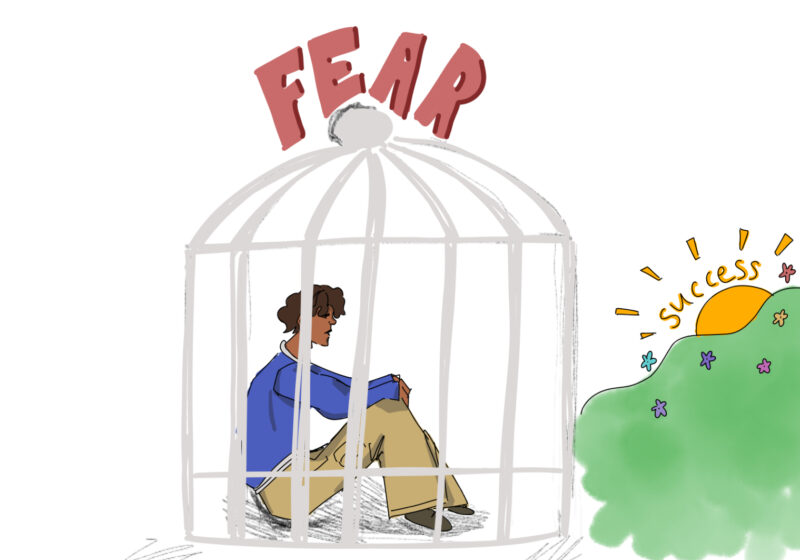In 2000, the French government passed a bill mandating the adoption of a 35-hour work week in hopes of lowering unemployment rates. While the system has barely touched the roots of France’s unemployment problems, the mere fact that the French would be open to the idea of mandating a shorter work week does raise a rather shocking question: Have the French actually been doing something right all along (besides cheese)?
According to one major coffee conglomerate, ‘America runs on Dunkin'”; this slogan is not so far from the truth. While college is hardly an accurate model of the real world, it is hard to ignore the number of UR students, professors and administrators who show signs of sleep deprivation and stress. This problem has manifested into a society that relies on frozen dinners, one-stop shopping centers named Wal-Mart and convenience at seemingly any cost, because there is ‘just so much to do in a day.”
That being said, let’s not pretend that the sole reason Americans work too much is because of government regulations the real roots are cultural. Perhaps it has been partially mediated by the college admissions process, which encourages individuals to participate in a large assortment of activities rather than devote their energy more selectively in order to prove their quality. Or we’ve drank a little too much of the ‘American Dream” Kool-Aid that makes us think if you work enough, you can do anything. Or maybe it’s mottos like ‘Meliora,” which reinforce the middle-child syndrome, where the emphasis is really not that we can be always better, but that we’re never good enough.
Then again, these ideals might not actually be the problem but how we’ve interpreted them is a little troubling. Somewhere along the line, the concept of hard work was confused with the idea that you must work more. The superficial results have been prolific the United States is arguably the most competitive developed country in the world, and that’s likely a result of people cashing in on overtime. But dig a bit beneath the surface and we begin to see more negative aspects of society that have come, at least partially, as a result of spreading ourselves too thin the prevalence of depression and suicides, a dependency on time spent on the psychiatrist’s couch and, especially recently, a seeming lack of effort in personal and family life. How many families, after all, sit down for dinner together anymore on a nightly basis? Or even just once a week?
Whatever the root, the proverbial American apple has certainly fallen pretty far from the tree. Only now, other countries are starting to sip the Kool-Aid. Back in France, the results of the regulation haven’t been nearly as favorable as anticipated and, as a result, government officials have been working to establish loopholes within the system in an attempt to dismantle it. The principle reason? Officials believe France can’t be competitive on an international level as long as people work less.
But what is a competitive economy if, along the way, we throw away aspects of life that are more indicative of real success and happiness time invested into sincere conversations with friends or devoted to the preparation of good food or even to something as seemingly trivial as watching your favorite sports team. The age-old saying goes that ‘You can sleep when you’re dead.” No, thank you I run better on eight hours a night.
Hilfinger is a member of
the class of 2010.





